Counseling in Montana to Help You Master Emotion Regulation
Would you like to have more control over your emotions?
As humans, we are not born knowing how to regulate our emotions. Learning to handle our emotions happens in the context of early relationships. Ideally, we learn how to do this as children by observing our parents effectively handle their emotions. They teach us how to effectively manage our own emotions. Our parents or caregivers witness, acknowledge, and help us make sense of our emotions. Optimal caregivers tell us that our experience is valid and that our feelings make sense.
Therapy is very helpful for people who do not easily identify, express, or manage emotions. People who have difficulty regulating emotions are often very sensitive to things in the environment that become emotional triggers. They may act and react intensely to those triggers, and quite often, struggle to return to a more regulated baseline. Also, individuals who struggle with emotion regulation have difficulty identifying their emotions, or tolerating these difficult states in a healthy and effective way. This can impact their lives in significant ways especially if being activated or triggered keeps them from finishing important tasks.
In psychology, emotion regulation is often referred to as emotion dysregulation. Ongoing emotion dysregulation may create problems at work, at school, in relationships, and other areas of life. As a way of decreasing or escaping intense negative emotions such as anger, anxiety, and sadness, many develop other difficulties, such as mood or anxiety disorder, anger management, eating disorders, binge disorders, or self-injury. Some individuals experience numbness in response to strong emotions, they shut down, which causes problems as well.
So what exactly is therapy for emotion regulation? Emotion regulation therapy is conceptualized as a set of skills that can be learned and practiced. Over time, it gets easier to effectively handle powerful, negative emotions. And this leads to increased self-esteem and mastery which can improve one’s life and relationships. Effective emotion regulation treatment focuses on teaching these life-changing skills. When you work with your mental health professional, you will be taught skills that include the accurate identification of emotions as they are happening, as well as how to learn to tolerate these emotions. This will naturally lead to becoming less vulnerable and reactive in the future when faced with experiences that generate emotional activation.
Our psychologists and counselors are very skilled at helping you address the problems that bring you to counseling. We use very effective therapies that empower clients by teaching them how to change the patterns in thinking, behavior, or emotional responses that cause distress, so they can improve the quality of their lives. Send us an email today and get started working with a therapist at Integrative Psychotherapy Montana. We are dedicated to helping you get better and resolve your mental health concerns.
How does poor emotion regulation show up in everyday life?
Poor emotion regulation refers to difficulties in managing and responding to emotions in a healthy and adaptive way. Here are some common symptoms or signs of poor emotion regulation:
Intense Emotional Reactions:
Experiencing emotions very intensely, such as extreme anger, sadness, or anxiety.
Difficulty calming down once upset, leading to prolonged emotional distress.
Impulsive Behavior:
Acting impulsively without considering the consequences, especially when experiencing strong emotions.
Engaging in risky behaviors or substance use as a way to cope with emotions.
Difficulty Identifying Emotions:
Feeling confused or unsure about what one is feeling (emotional confusion).
Difficulty distinguishing between different emotions or identifying the triggers for emotions.
Emotional Numbing:
Feeling emotionally numb or disconnected from one's feelings.
Suppressing emotions or avoiding situations that may trigger emotions.
Mood Swings:
Fluctuations in mood that are unpredictable and rapid.
Shifting between extreme highs and lows in a short period of time.
Difficulty Tolerating Distress:
Feeling overwhelmed or unable to cope with emotional discomfort.
Seeking immediate relief from distressing emotions.
Conflict in Relationships:
Having frequent arguments or conflicts with others, especially when emotions are involved.
Difficulty maintaining stable and healthy relationships.
Self-Destructive Behavior:
Engaging in self-harm, self-sabotage, or other harmful behaviors during times of emotional distress.
Perseveration on Negative Emotions:
Ruminating or obsessing over negative emotions or situations.
Difficulty letting go of past emotional experiences.
Physical Symptoms:
Experiencing physical symptoms such as tension headaches, muscle tension, or gastrointestinal problems due to stress.
Difficulty in Problem-Solving:
Finding it challenging to think clearly and make decisions when emotions are heightened.
Difficulty finding effective solutions to problems.
Avoidance of Emotions:
Avoiding situations or activities that might trigger emotional responses.
Suppressing emotions or pretending not to feel them.
These symptoms can significantly impact daily functioning, relationships, and overall well-being. Effective emotion regulation strategies often involve developing awareness of one's emotions, learning coping skills, practicing mindfulness and relaxation techniques, and seeking support from mental health professionals when needed.
About Integrative Psychotherapy & Mind Body. Medicine Montana
Integrative Psychotherapy Montana is a collective of experienced heart-centered and neuroscience-based psychologists and psychotherapists who provide evidence-based therapy as well as mindfulness and somatic practices. They are based in Bozeman Montana and practice locally and throughout Montana virtually. The clinicians offer a range of psychological services provided by licensed practitioners at the doctoral and master levels, with additional advanced training in many therapeutic modalities. We provide individual, relationship family therapy and EMDR intensive services to adults and couples, and specialize in areas such as trauma, PTSD, addiction, depression, anxiety, stress, emotion regulation skills, relationship conflict, loss, divorce, and life transitions. We accept most forms of insurance. Schedule today!

